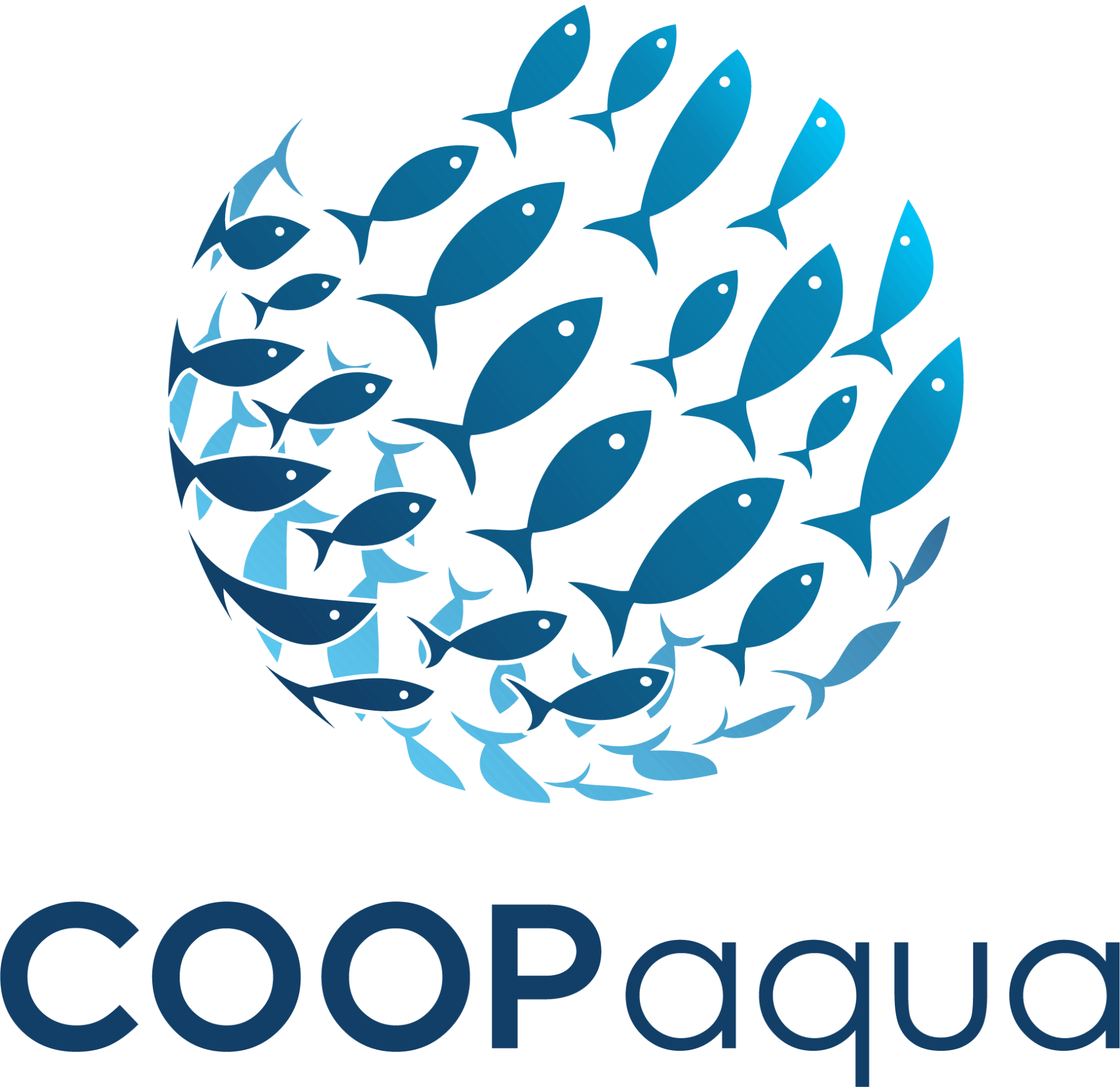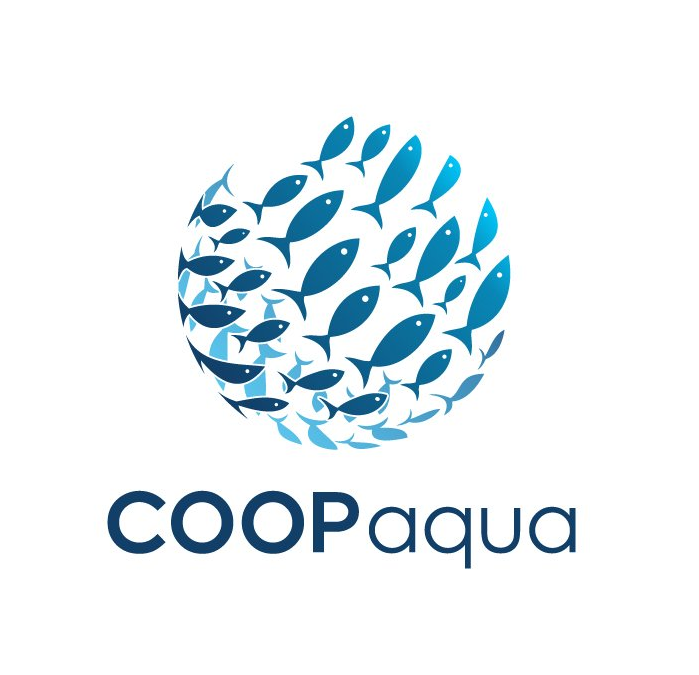Myths about Aquaculture
Isn't it environmentally sustainable?
This question has an answer for everyone! If we are talking about Asian explorations that involved the destruction of two thirds of the mangroves and coastal wetlands on the Asian continent the answer is that it is not environmentally sustainable! However, if we are talking about semi-intensive farms in earthen tanks, like those of the companies that make up CoopAqua, or in closed systems with due control of emissions, then the answer is that they are sustainable. It is important not to generalize, but to analyze case by case!
As for the carbon footprint… aquaculture has the lowest of all animal production!
Production with chemicals
In reality, nowadays, fewer and fewer chemical products are used in aquaculture carried out by technically developed companies, because the success of production is based on the correct management of systems, preventing the proliferation of pathologies, through adequate management and the use of vaccines, probiotics or essential oils from plants and aromatic herbs that promote the body's natural defenses.
Not very tasty...
The rations are made with flour…
The feed used today is high-tech products!
Their development is specific to each species, requiring large investments in R&D and production equipment, in order to be complete foods that meet all their nutritional needs. They are, in fact, a vital element for reducing pathologies and pollutant emissions, and are also fundamental for animal welfare and the nutritional quality of the final product.






